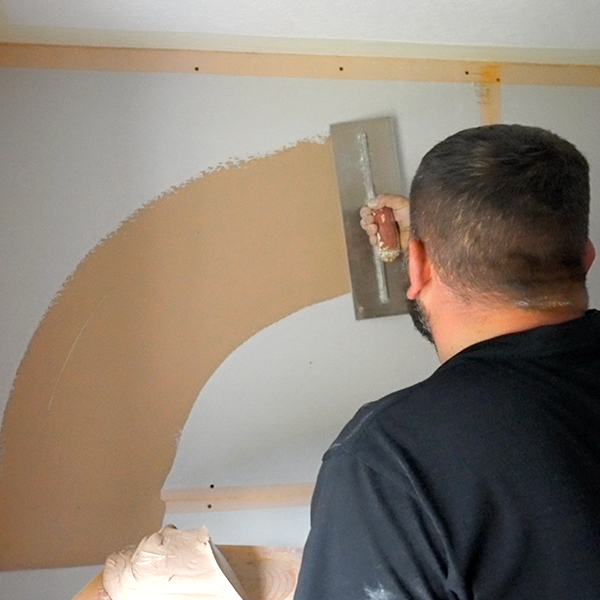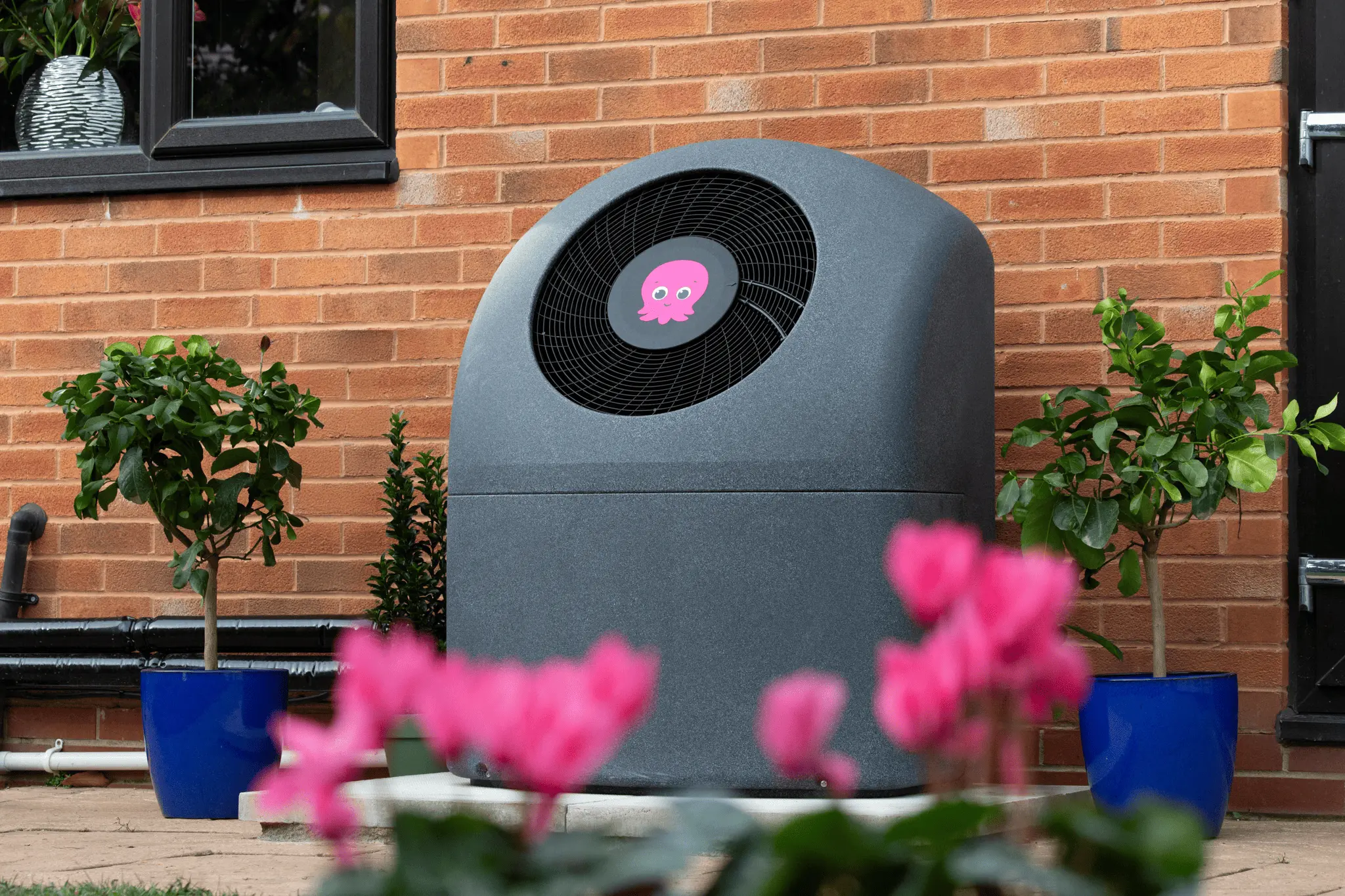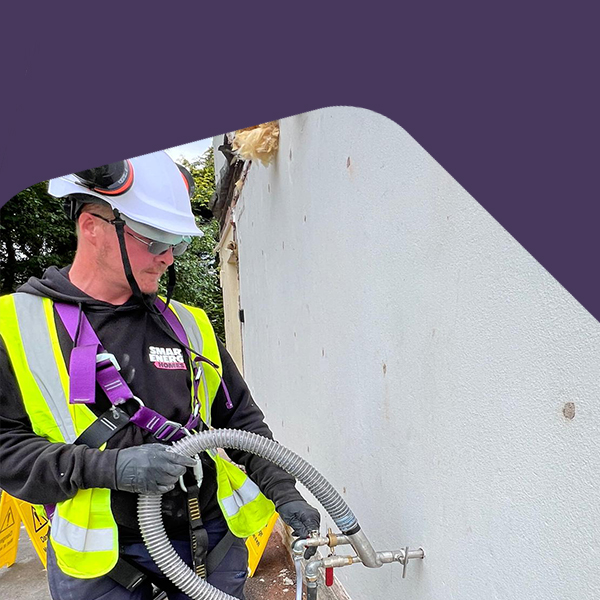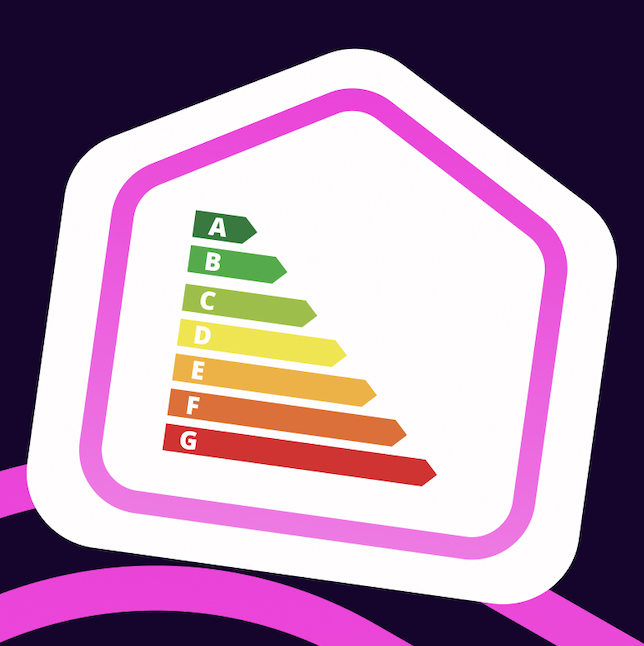Internal wall insulation refers to the process of insulating the interior surface of an external wall in a building. This is done by adding a layer of insulation material to the inner surface of the wall, which helps to reduce heat loss from the building and improve its energy efficiency.
Internal wall insulation can be a cost-effective way to improve the energy efficiency of older buildings that may not have insulation in the walls, without the need for major structural alterations. It can also help to improve comfort levels in the building by reducing drafts and improving temperature stability.
The insulation material can be in the form of rigid panels, foam boards, and is typically fixed to the wall using an adhesive or mechanical fixings. Once installed, the insulation material is covered with a layer of plasterboard then plastered to create a smooth and even surface.









